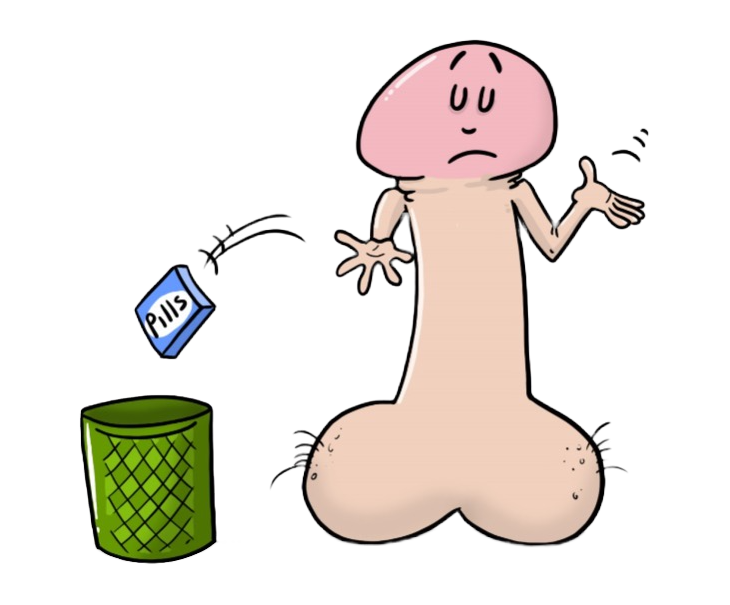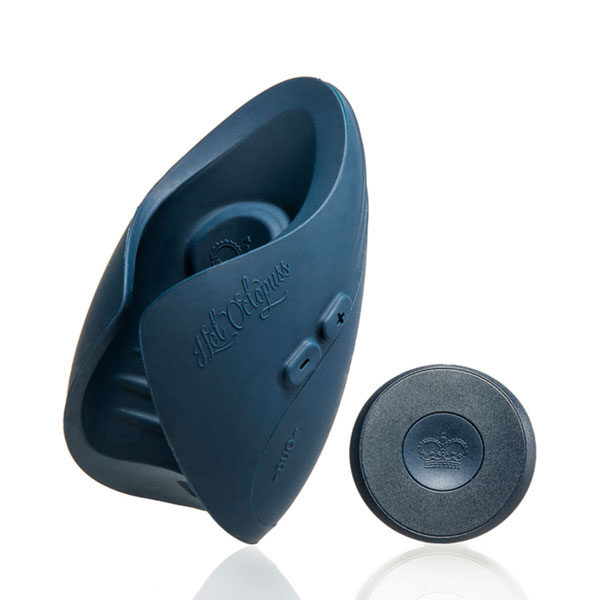Supporting a Friend or Loved One Through a Prostate Cancer Diagnosis
Dealing with a cancer diagnosis can be an isolating and overwhelming experience, but having a supportive friend or family member can make a world of difference. Prostate cancer can be a terrifying diagnosis for anyone, and if you’re reading this, you’re probably feeling a mixture of fear, sadness, and uncertainty about your loved ones or friend’s future.
It’s important to know that you’re not alone in this. Although you may feel helpless, small gestures can often be very effective in assisting them during this challenging period. It’s the little things that you may believe are inconsequential that can have the greatest impact and make the journey towards recovery much smoother.

Understand the Link Between Prostate Cancer and Genetics
If you’re male and the person who has been diagnosed with prostate cancer happens to be a close relative such as your father, brother, or uncle, it is important to take their diagnosis as a potential warning sign for your own prostate health.
The link between prostate cancer and genetics is well-established, with studies showing that men who have a family history of prostate cancer are at an increased risk of developing the disease themselves.
According to the American Cancer Society, having a father or brother with prostate cancer more than doubles a man’s risk of developing the disease, while having multiple family members affected by the disease increases the risk even further. Additionally, recent research has also shown that the gene mutation responsible for some cases of hereditary breast cancer, known as BRCA2, can also increase a man’s risk of developing prostate cancer. This means that if someone in your family has been diagnosed with prostate cancer, it is important to speak with your doctor about screening and risk-reducing strategies, such as lifestyle modifications or genetic testing.
Ask How You Can Help
When someone is diagnosed with cancer, it’s natural to want to immediately jump in and offer your support. However, it’s important to recognise that everyone copes with a cancer diagnosis differently, and what works for one person may not be what another person needs.
The first step in providing effective support is to simply listen and asking them how they want to be supported. Some individuals may prefer to have space and time alone, while others may appreciate more frequent visits and phone calls.
By taking the time to understand their needs and preferences, you can provide more meaningful and personalised support throughout their prostate cancer journey.
Help Them Manage the Side Effects
Prostate cancer treatment is often associated with a range of side effects that can significantly impact a patient’s quality of life. It is important to offer support to loved ones with prostate cancer in managing their side effects, as this can have a significant positive impact on their physical and emotional well-being. Research has shown that offering practical support to patients can help to manage these side effects and improve their overall well-being.For example, a study published in the Journal of Pain and Symptom Management found that patients who received practical support, such as help with household chores, reported lower levels of pain, fatigue, and overall distress compared to those who did not receive such support. It can be simple things like offering to take their kids to their soccer practice so that they can grab a few hours of extra sleep, or calling from the supermarket to ask what they need to save them the trip when they’re feeling really run down.
Respect the Decisions They Make About Their Care
Supporting your loved one’s decision-making can be a difficult pill to swallow when all you want is the best for them. However, it’s important to respect their autonomy and let them make their own choices about their treatment and care. You can support them by providing them with information and resources to help make informed decisions, and by being a listening ear as they weigh their options. Ultimately, the decision should be theirs, but you can reassure them that you will be there to support them on the path they choose.
Supporting Your Partner’s Sexual Recovery
Guiding a partner through the challenges of prostate cancer and its impact on sexual function requires a level of support that only an intimate partner can provide. It’s more than just being present; it’s about talking openly, giving comfort, and working together to figure things out. Facing these experiences together can lead to stronger relationships, offering a beautiful outcome after a diagnosis that might initially make you feel like the days of intimate connection are over.
So where to from here?
Unleash Your Full Potential with the Penile Rehabilitation Program!
If you or your partner has encountered the challenges of prostate cancer and seeks support to restore sexual function, the Penile Rehabilitation Program is tailored specifically for men navigating the aftermath of prostate cancer treatment. This innovative program offers a wealth of evidence-based strategies and exercises that you can work through together from the privacy and comfort of your own home. Unite in the proactive effort to rebuild intimacy and navigate the recovery journey hand in hand.
Our Programs
Shop Online
Subscribe for free to view our informative resources.
So where to from here?
Unleash Your Full Potential with the Penile Rehabilitation Program!
If you or your partner has encountered the challenges of prostate cancer and seeks support to restore sexual function, the Penile Rehabilitation Program is tailored specifically for men navigating the aftermath of prostate cancer treatmen. This innovative program offers a wealth of evidence-based strategies and exercises that you can work through together from the privacy and comfort of your own home. Unite in the proactive effort to rebuild intimacy and navigate the recovery journey hand in hand.







